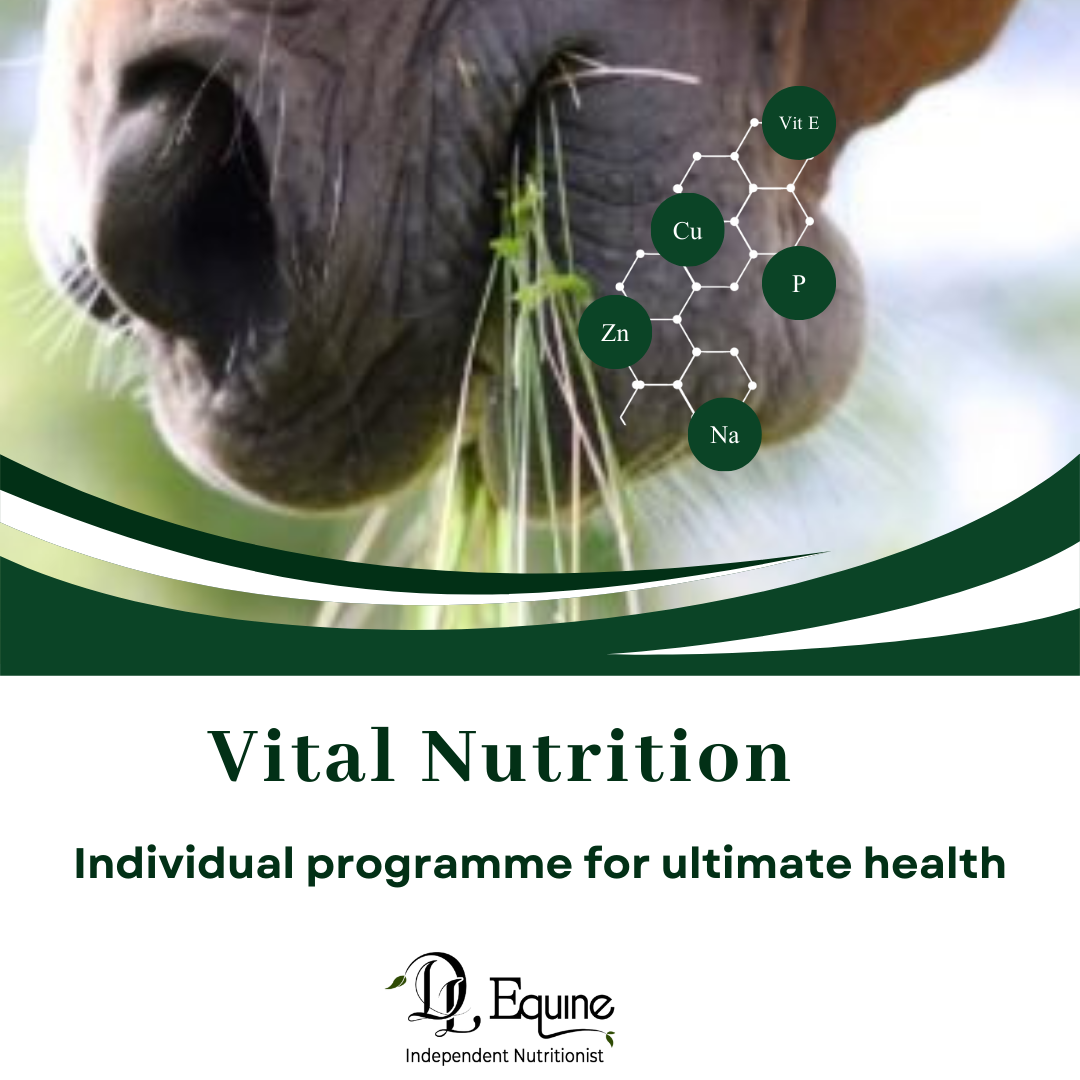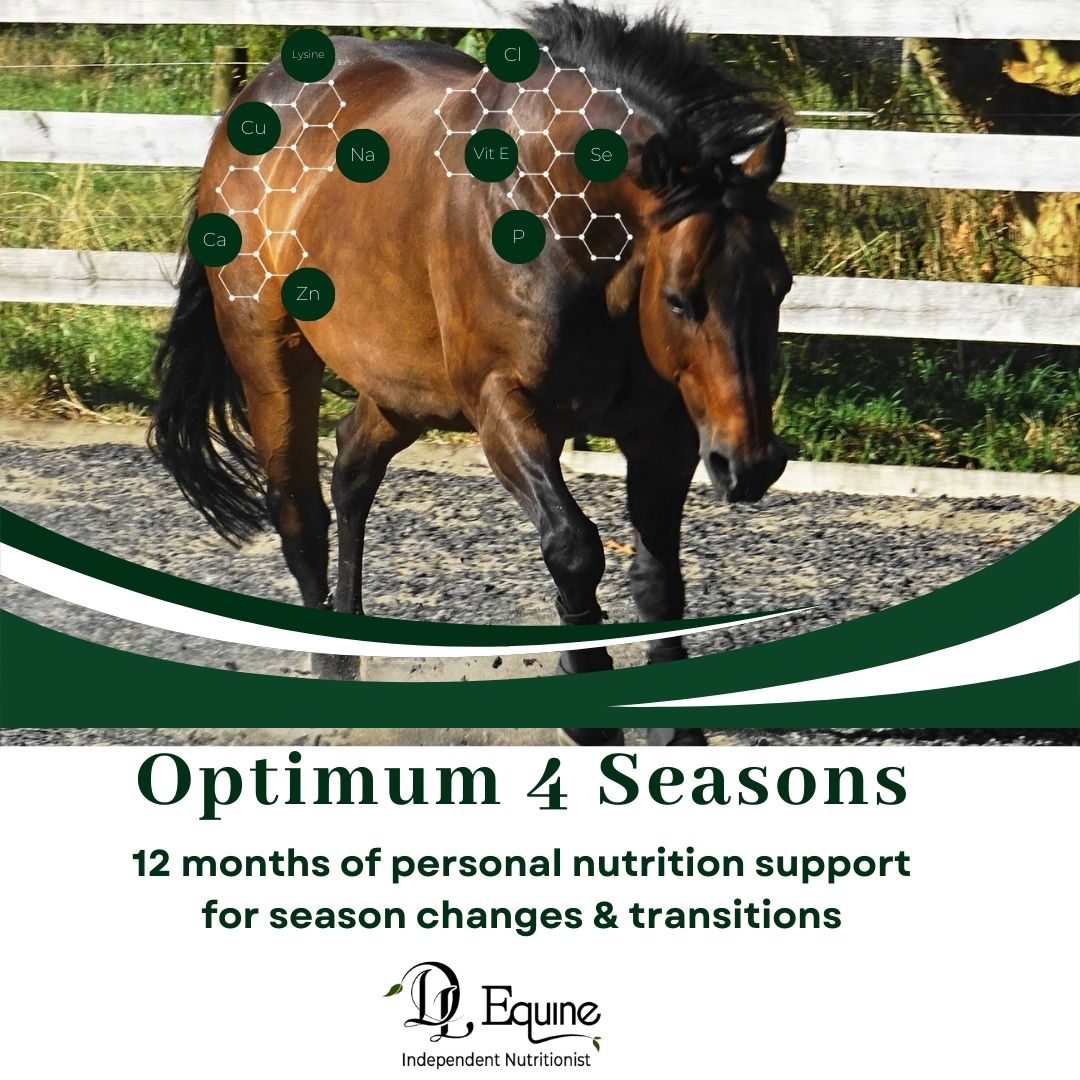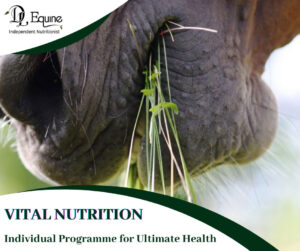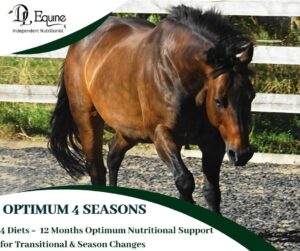 Prebiotics and Probiotics
Prebiotics and Probiotics
What are they?
A probiotic is defined as live microorganisms that confer a health benefit to the host when administered in adequate amounts, are reportedly beneficial for enhancing gastrointestinal health as well as fighting infections. In a nutshell its adding more supposed “good bugs” to the gut.
Organisms commonly included in probiotic products are the yeast Saccharomyces boulardii and the bacterium Bacillus subtilis.
A prebiotic is a substrate, or “food,” that supports the intestinal microorganisms. They provide easily utilized nutrients and encourage the growth of microbial strains that may have been depleted or overwhelmed by digestive upset. There is some evidence prebiotics enhance the immune system. In a nutshell its adding food for the good bugs to eat.
Common prebiotics are also yeast and Mannan-oligosaccharides (MOS) and fructo-oligosaccharides (FOS).
A Post biotic is a preparation of inanimate (the nutritionally useful products) from a micrororganism thats been blown up by heat or high pressure = their components confer a health benefit on the host.
A postbiotic is composed of biologically active components (biomass such as dead cells, cell walls, surface structures, capsules) generated during the inactivation of living microbial cells.
Does your horse need them?
Many horse owners will look at feeding a pre or probiotic to their horse in times of stress, illness, when the gut microbes are disturbed and there is diarrhoea, or when the bacteria in the hindgut need a boost for performance.
In these situations, adding a prebiotic that will increase the numbers of fibre fermenting bacteria may help. These are generally yeast based products such as saccharomyces cerevisiae yeast strains. Yeast, supplies amino acids and oligosaccharides that feed desirable bacteria.
Kentucky Equine Research, 2002; tells us that for these situations feeding a probiotic supplement that delivers actual live microbes, such as yeast, to the hindgut of horses may help.
They function by boosting the horse’s immune system in the large intestine, producing some antimicrobial products, excluding disease-causing microorganisms, and inhibiting bacterial toxins.
Do they work?
The latest review carried out by The University of Sydney and The University of Newcastle on probiotic research in horses found;
= NO clear benefits were identified to support supplementation of equids with probiotic bacteria to improve starch and fiber digestion, nor for the treatment of colic or prevention of salmonellosis.
According to Kentucky Equine Research Dr Kathleen Crandell, Ph.D.,- “Alterations in the microbiome, referred to as dysbiosis, can result in colic and diarrhea, both of which are life-threatening conditions.” It is in the situations horse owners look to feeding a probiotic.
The reality is we know little about the benefit of feeding probiotics to horses: much less than all the fancy labels and claims manufacturers would have us believe!
One recent article* reported that a likely probiotic Lactobacillus organism obtained from healthy foal feces actually made things worse!
Many probiotics contain Lactobacillus spp bacteria which are useful for outcompeting pathogenic bacteria. However you do NOT want to have these (starch and sugar) fermenting types of bacteria in larger numbers than the fibre fermenting bacteria.
Therefore in most cases you would want to be extremely careful about adding a Lactobacillus based probiotic to your horses feed, especially if they have an upset gut to begin with!
Most horse feed probiotics commercially available have no testing behind them,” says Dr Weese, preeminent researcher. In particular, he adds, while some lab research has been conducted and anecdotes abound, few, if any, scientific studies have evaluated probiotics in the field.
So there is no solid proof that the products actually work when used in live horses with real health issues.
Reasons behind why these products may not work could be the that the manufacturing process means only a small fraction (if any) of the microbes can make it through the entire gut and reach and colonize the large intestine.
Others are more easily damaged by stomach acids and rendered useless.
Essentially though, these probiotics are included under the umbrella of “generally recognized as safe” so they will (generally) not hurt your horse, however some might hurt your wallet!
The conclusion is that supplements that contain prebiotics such as yeast, Saccharomyces c, MOS and FOS may provide much better help to your horses digestive system.
Research;
*Costa, M.C., and J.S. Weese. The equine intestinal microbiome. Animal Health Research Reviews. 13(1):121-128.
**Coverdale, J.A. 2016. Can the microbiome of the horse be altered to improve digestion? Journal of Animal Science. 94(6):2275-2281.)
dgcid=raven_sd_recommender_email
*Elsevier, Journal of Equine Veterinary Science. Volume 99, April 2021, 103407, Journal of Equine Veterinary Science
*Review Article; The Safety, Tolerability and Efficacy of Probiotic Bacteria for Equine Use. Author links open overlay panel C Giselle Cooke a Zamira Gibb b Joanna E Harnetta a, The University of Sydney, Faculty of Medicine and Health, School of Pharmacy, Sydney, NSW, Australia. B, Priority Research Centre in Reproductive Science, School of Environmental and Life Sciences, Faculty of Science, The University of Newcastle, Callaghan, NSW, Australia
Received 13 July 2020, Revised 17 October 2020, Accepted 3 February 2021, Available online 11 February 2021, Version of Record 7 March 2021.
*Cooke, C.G., Z. Gibb, and J.E. Harnett. The safety, tolerability and efficacy of probiotic bacteria for equine use. Journal of Equine Veterinary Science 99:103407.
*Furr, M. 2014. Orally administered Pediococcus acidilactici and Saccharomyces boulardii-based probiotics alter select equine immune function parameters. Journal of Equine Veterinary Science 34,10:1156-1163.






